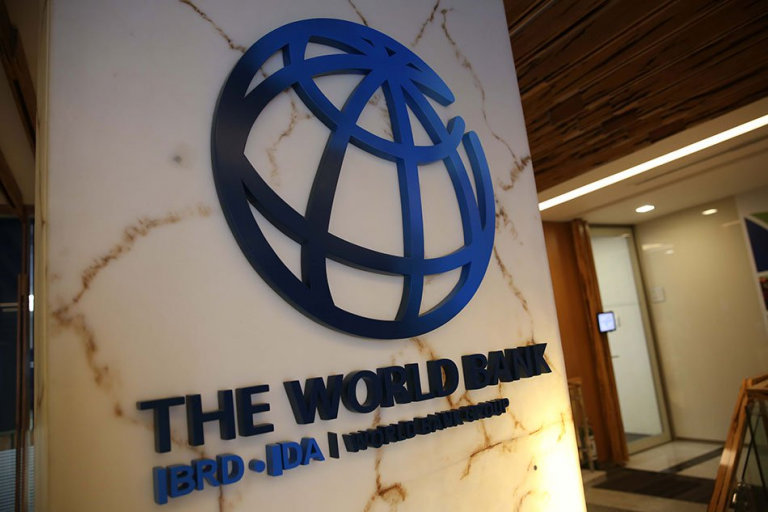
The impact of the Russian-Ukraine war has no doubt had a crippling effect on the world, with the African region being the worst hit. The world bank has predicted that more people in Nigeria and its sub-Saharan neighbors are expected to fall into extreme poverty.
A report by the World bank via a newsletter titled “Global Economic Prospects”, disclosed that the invasion of Ukraine by Russia, affected the commodity in the market, supply chains, inflation, and intensified financial conditions which have led to the slowdown of economic growth.
The World Bank further disclosed that the high global inflation caused by the war could result in tightened monetary policy in advanced countries which might lead to financial stress on emerging markets and developing economies.
Register for Tekedia Mini-MBA edition 19 (Feb 9 – May 2, 2026): big discounts for early bird.
Tekedia AI in Business Masterclass opens registrations.
Join Tekedia Capital Syndicate and co-invest in great global startups.
Register for Tekedia AI Lab: From Technical Design to Deployment (next edition begins Jan 24 2026).
According to World Bank President, David Malpass, he disclosed that the world is facing the deepest global recession since world war II. In his words, “The global economy is facing high inflation and slow growth at the same time. Even if a global recession is averted, the pain of stagflation could persist for several years, unless major supply increases are set in motion”.
No doubt the Russian-Ukraine war exacerbated the supply of food to other regions, and also threatened global economic growth, with the African region as the worst hit. It has been predicted that more people in sub-Saharan Africa are expected to fall into extreme poverty, especially in countries reliant on imports for food and fuel.
It is a known fact that Nigeria is highly reliant on importation for its food supplies and fuel. Therefore, the prolonged Russian-Ukraine war has significantly increased poverty in the country which for Nigerians, could increase the risk of social unrest.
It has been predicted that the Russian-Ukraine war could reduce the disposable income of Nigerians, which will no doubt affect the standard of living for a lot of Nigerians. Ukraine and Russia are known to be the largest producers of grains and wheat in the world. The war, therefore, affected the demand and supply of wheat which saw many African countries faced with extreme hunger.
The economy of Nigeria is unfortunately a monocultural one with high dependence on oil which is not enough to boost the economy. Importation of food has been expensive, due to the effects of inflation. Despite the distance of Nigeria from the war zone, the country has however not been immune to the effect of the war.
The country is currently battling with high inflationary pressure and food supply chain disruptions. The surge in food prices further puts a strain on the local market, since Nigeria largely depends on importation to meet local demands.
The continuous increase in food commodities and other necessities in Nigeria indicates a continuous dent in the purchasing power of average Nigerians, which could in turn reverse the movement of Nigeria’s consumer price index.
Due to the negative impact of the Russian-Ukraine war on the Nigerian economy, there is a need for synergy among all tiers of government, at this critical time to respond collectively to the dwindling economic crisis.
There is a strong need for the government of Nigeria to diversify the country’s economy, which could be a panacea for Nigeria’s economic development. The economy has for decades leaned on the fragile leg of crude oil. It is a known fact that for a country to attain growth and development, the economy has to be diversified.



